TLDR & TLDL: Pressure on food banks and emergency housing providers is intensifying ahead of what is expected to be our worst winter of homelessness and food poverty. Reports are mounting that rent stress and homelessness are adding to the burden for poorer families, many of whom are struggling in Covid isolation and unable to work or pay their bills, let alone buy increasingly expensive food and petrol.
So National Leader Christopher Luxon has understandably ramped his ‘cost of living crisis’ attacks on the Labour Government, supported by the Greens. The trouble is his response would see those on lower incomes get an extra two or three dollars extra, while those on the highest incomes, who are most likely to own their own homes, would get up to $20 a week.
However, the Government is also not responding to the looming food and housing stress this winter. Unlike the first Covid winter when the Government ensured all homeless people had a place to stay and the winter energy payment was doubled, the cash-in-hand being added on April 1 is nowhere near what Labour’s own welfare experts recommended.
It also pales in comparison with the hundreds of millions of cash being paid broadly to small businesses in coming weeks in Auckland and an extra $250m in Government subsidies for air freighters announced last night. (See more analysis of the risks this winter of a widening poverty crisis and the weak Government response below. I have decided to open it up to all given the public interest involved.)
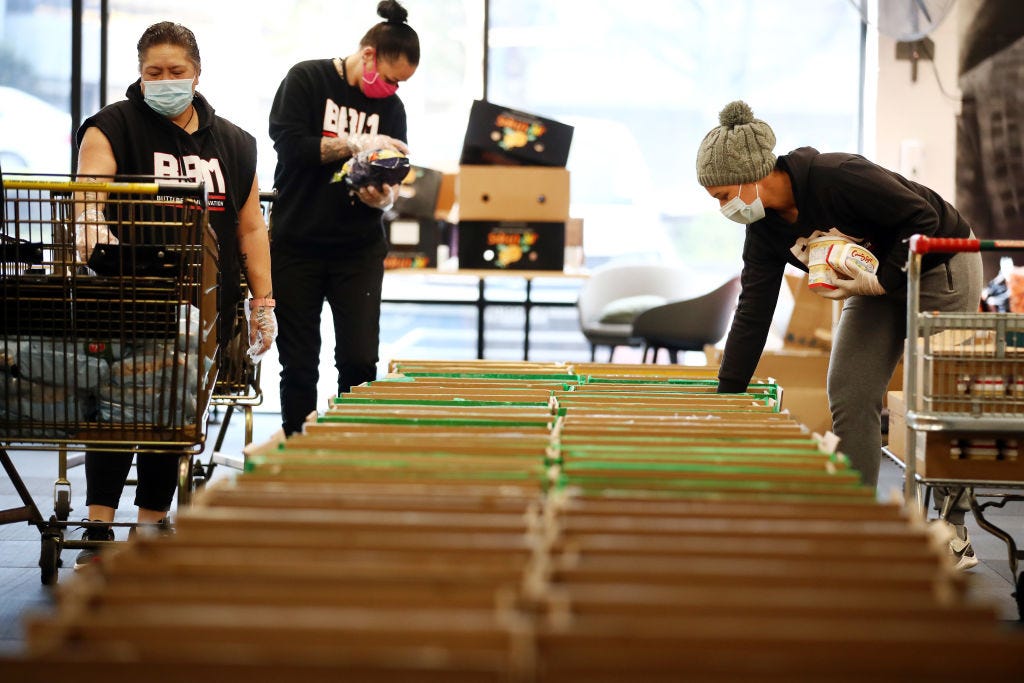
Elsewhere in the news I’m seeing today:
Chris Hipkins announced MIQ would scale down from 32 hotels to four by the end of June as the borders reopen and that the isolation period for Covid cases and their family contacts was being cut to seven days from 10 days;
the Public Service Commission recommended Government departments and agencies pause any dismissals of staff who are refusing to get vaccinated after a recent High Court ruling that dismissals of some Police and Defence staff were unlawful;
Michael Wood announced another $250m in subsidies for air freight for a one-yar extension of a scheme set up in May 2020 to ensure continuity of air freight, with the extension to the end of March 2023 taking the total cost to $815m;
Global oil prices slumped 12% this morning to US$112/barrel on growing talk the United States can convince Iraq, the UAE and Venezuela to increase oil output; and,
European stocks spiked 3-7% higher this morning on hopes the European Central Bank will tonight delay its monetary policy tightening plans to stave off a recession caused by ballooning gas prices and Ukrainian war disruptions.
Later today, I’ll be doing more on the Commerce Commission’s grocery inquiry and Three Waters, and will keep an eye on the details of the RNZ-TVNZ merger expected to be announced at midday. I’ll also attend Hipkins’ news conference at the Beehive early this afternoon and welcome any lines of inquiry from paid subscribers in the comments below.
Bracing for a winter food and housing crisis
Reports of increasing food poverty and homelessness are mounting as the toll of fast-rising food, energy and rental costs adds to two years of Covid-affected income stress.
This Newshub article from Ireland Hendry-Tennent captures the mood as more and more working families are unable to afford food, including these comments from a department manager at a big box retailer with a partner and two kids under five who live in a rental property.
“I feel sad because this isn't a place I ever expected to be in my life. Now I'm in the position where I'm accepting food from strangers to feed my family. I'm embarrassed because not being able to provide for your family feels lame as f**k. I'm an adult and not dumb or inept or frivolous or lazy or a junkie, or anything else people might think of someone who can't provide for his family, and I'm having to walk into a food bank to put food on the table
“I'm angry because something is f**king broken. I've worked hard my whole life. I haven't made dumb decisions. And don't anyone say having kids was a dumb decision because they are my whole world and we should live in a country where anyone with a full-time job can provide for their family. "
"This situation is cooked… Five years ago I considered myself middle class. When people are in f**king free-fall out of the middle class, that is exactly when shit hits the fan.” Unnamed worker quoted by Newshub.
Bay Financial Mentors general manager Shirley McCombe was quoted as saying she was seeing more and more working families asking for food parcels.
“It's a perfect storm of issues that people are facing at the moment. It's not just the cost of food that is rising but petrol, pressure on the supply for housing. For people, particularly those on lower to middle incomes, it certainly feels like a crisis.
"We used to work predominantly with people who received benefits but that's starting to include more and more people who are working.” Shirley McCombe
0800 Hungry Warehouse Supervisor Nicky Bensemann was also quoted as saying there was a cost of living crisis and PM Jacinda Ardern, who has denied such a crisis, did not understand what was really going on.
“She's really got to step into other peoples' boots and see what's going on, it is really affecting people.
“It's not even just working poor, you're finding the pensioners are really, really struggling and they shouldn't be in this position, you're finding people that were in their own homes and now they're in emergency accommodation.
“There is something going on out there in society and a lot of people are struggling.” Nicky Bensemann
Rent arrears growing at Kainga Ora
Further signs of housing stress are emerging through Kainga Ora’s struggles getting tenants to pay, as reported here by Lane Nichols this morning for the NZ Herald-$$$
Citing figures obtained under the OIA, Nichols reported arrears had grown to $9m from $0.75m four years ago, and that about 12% of Kainga Ora tenants were behind on their rent.
National’s Nicola Willis was quoted as saying Kainga Ora’s no-evictions policy was a factor, along with the cost of living.
"It's a reflection of the cost of living crisis when state house tenants can't meet their most basic obligation." Nicola Willis.
There’s also rises in both the numbers on the homelessness register and the numbers in emergency accommodation, as the latest MSD report for data to the end of January shows. Numbers on the register have more than tripled in the last five years.
Over 10,000 people are now living in motels, boarding houses and campgrounds, with more than two-thirds coming from Maori and Pacific Island backgrounds.
A family in a tent in a storm
Anusha Bradley reported for RNZ yesterday about a homeless mother of six young children and a newborn baby who had no option but to pitch a tent in a Hawke's Bay park during storms in early February after Work and Income was unable to find somewhere with a roof.
Mariska Kruger, 31, was quoted as saying she and her seven children had nowhere to go after the owner of a private rental decided to renovate and sell the home.
“They just said, 'There's nothing we can do for you, there is no housing'. A lady I spoke to just said to me, 'I'm sorry we cannot help you,' " Mariska Kruger.
Kruger then packed the kids into her car and drove to The Warehouse where she spent her last $240 on two tents. However, after she set up the tents in a park, a local resident, Lisa Cunliffe, spotted the family and took them in.
“I walked over and was just kind of like, 'I bought a bag of apples, would you like them? Is everything okay?' And that's when she pointed inside the tent and was just like, 'No, I'm not okay. I've got a newborn baby."
"I looked down and saw the baby lying there wrapped up in a blanket but there was no other bedding in there. My heart just totally went out to her. I could just feel her grave situation.” Lisa Cunliffe
Kruger and her family stayed with Cunliffe and she helped her deal with MSD and Housing First in the Hawkes Bay. The family have since stayed at a Hastings holiday park and then the Bluewater Hotel in Napier, although she has had to send her four eldest children to live with family in Auckland.
Bradley reported The Bluewater charged Work and Income $4,640.02 for a 14-night stay at $331 a night, of which Kruger must contribute $259.98 from her benefit, to be paid in instalments.
Pre-school has to makes food parcels for kids
This article last night from Jody O’Callaghan at Stuff and this article on Tuesday also indicates the growing level of food stress. The New Beginnings pre-school in Christchurch is reported to have been forced to make its own food parcels for about a third of the families of the 50 children it looks after.
A single mum with four kids, Sarah Williams, was quoted as saying her family was one of a number of families at the school struggling with rising living costs.
“It’s not going to be livable. I either need more money, or the prices of everything to drop by 30 to 40 per cent.” Sarah Williams quoted in Stuff.
Last week she had to pay $28 for two RATs, which left no money for food.
“I don’t know what I'm going to do for dinner. It’s just a snowball effect.” Williams.
New Beginnings Lead Teacher Stef Knight was quoted last night as saying there was a crisis, having just made 18 food parcels for the schools’ children after donations flooded in from the first article. Covid and families having to go into isolation was worsening the situation.
“There’s a lot of people who are just in total overwhelm mode and don’t know where or how to deal with that.” Knight.
This is a crisis PM and it demands cash help for the poorest
PM Jacinda Ardern has denied there is a cost of living crisis and has pointed to existing plans to increase benefits from April 1 and resume paying the winter energy payment as a sign help is on the way. But the cash still falls far short of what the Welfare Experts Advisory Group said in early 2018 was needed.
Meanwhile, all this was reported on a day the Government is set to pay out over $100m in cash for a fortnight’s payments to small businesses, on top of the $20b paid to businesses over the last two years in wage subsidies and resurgence payments organised at short notice, as well as the $815m paid to subsidise air freight.
It also comes after the Government chose just before Christmas 2020 not to agree to a request from MSD Minister Carmel Sepuloni for an urgent $50 a week benefit increase in time for Christmas, on the grounds the Government needed to start reducing its deficit and repay debt, despite that debt costing less than 1% of GDP to service and being less than a third the level relative to GDP of other AAA-rated countries. See more on that here in this December 8 article I wrote.
Scoops and news of note this morning



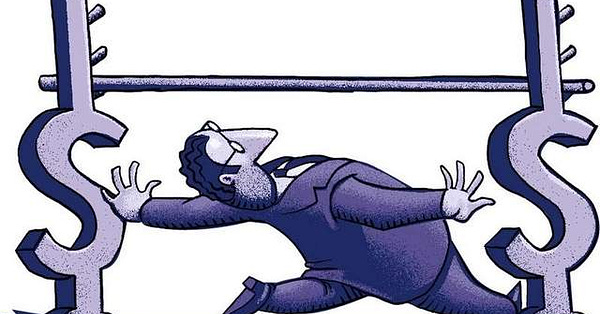
Useful longer reads and listens

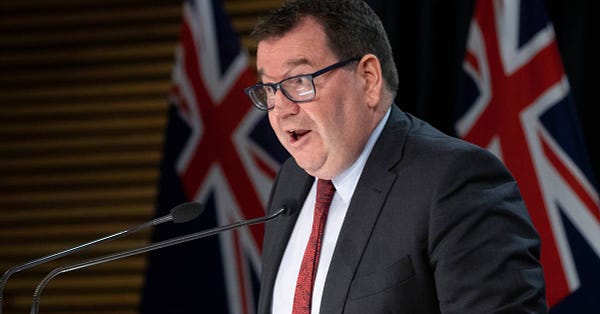
Chart of the day

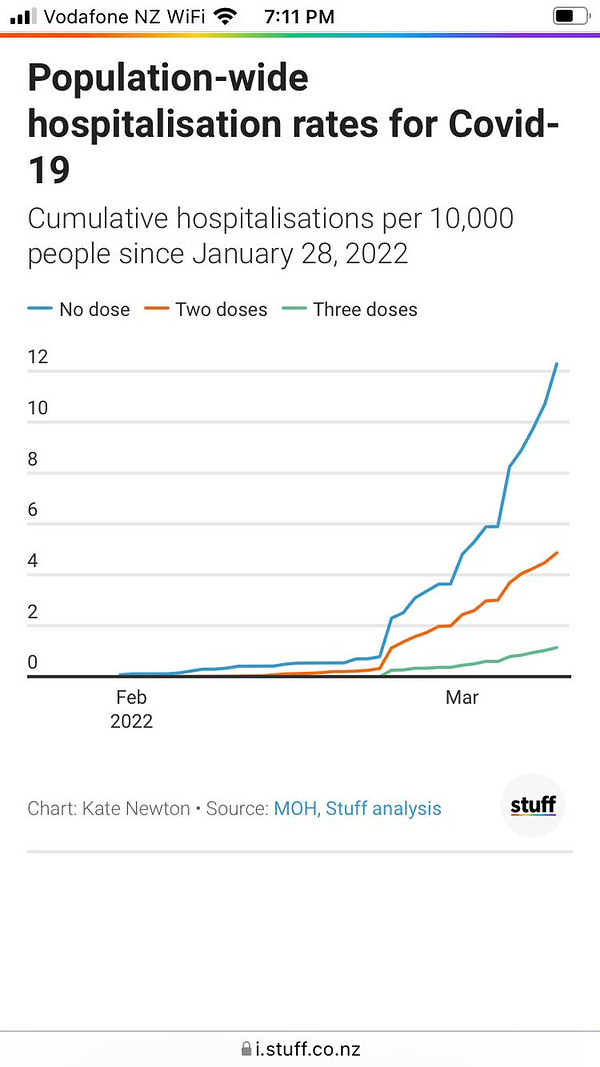
Thread of the day


Spookies, profundities, curiosities and feel goods


The Craic

A fun thing

Ka kite ano
Bernard





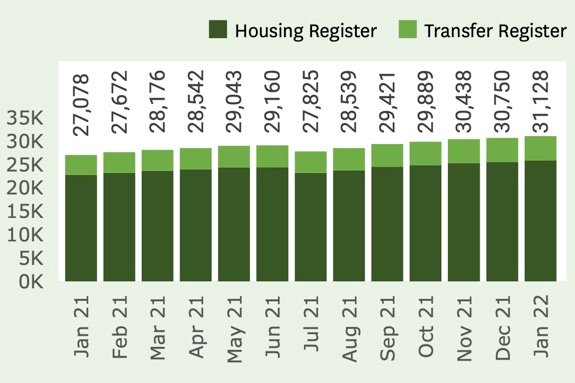
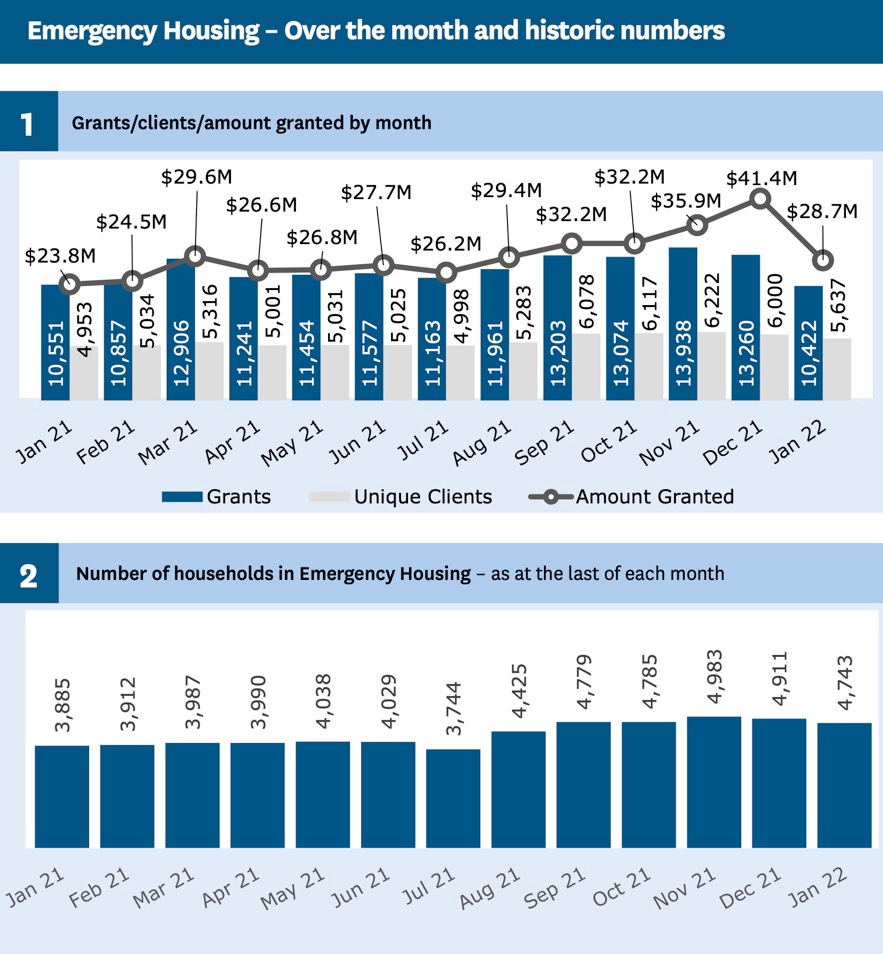

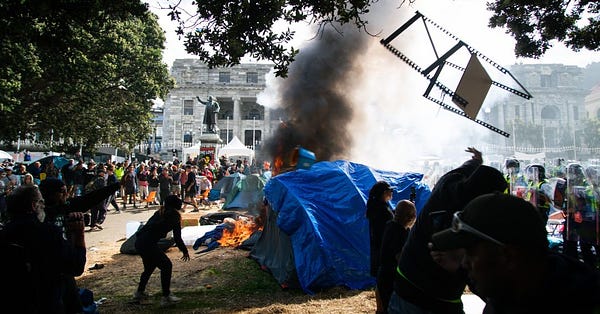









Share this post